
AI connoisseur, Robotics maxi, eu/acc supporter, dad, techno optimist
25 subscribers
How to get URL link on X (Twitter) App



 In 2019, developer Jan Oberhauser faced a common problem:
In 2019, developer Jan Oberhauser faced a common problem:
 2015: Russian-born Nikolay Storonsky was frustrated by crazy fees when exchanging currencies during business trips.
2015: Russian-born Nikolay Storonsky was frustrated by crazy fees when exchanging currencies during business trips.

 Founded in 2021 by 3 founders in Munich, Helsing has become Europe's most valuable defense-tech in just 3 years.
Founded in 2021 by 3 founders in Munich, Helsing has become Europe's most valuable defense-tech in just 3 years.


 Something fundamentally shifted in the last 5-6 months
Something fundamentally shifted in the last 5-6 months
 First, let's face the brutal reality:
First, let's face the brutal reality:

 Yesterday at Sorbonne University in Paris, Emmanuel Macron & Ursula von der Leyen announced:
Yesterday at Sorbonne University in Paris, Emmanuel Macron & Ursula von der Leyen announced:
 First, let's face the brutal truth:
First, let's face the brutal truth:

 On April 21, ATMOS's Phoenix 1 capsule:
On April 21, ATMOS's Phoenix 1 capsule:




 🇩🇪 ARX Robotics (€31M raised) builds autonomous military ground vehicles that operate without human control.
🇩🇪 ARX Robotics (€31M raised) builds autonomous military ground vehicles that operate without human control.

 First, let's look at the shocking numbers:
First, let's look at the shocking numbers:



 🇫🇷 Naïo Technologies ($54.7M raised) creates autonomous robots to handle weeding and harvesting without humans.
🇫🇷 Naïo Technologies ($54.7M raised) creates autonomous robots to handle weeding and harvesting without humans.


 First, understand the crisis that forced this change:
First, understand the crisis that forced this change:






 🇩🇪 ARX Robotics opened Europe's largest production facility for military robotics in February.
🇩🇪 ARX Robotics opened Europe's largest production facility for military robotics in February.




 🇩🇪 ARX Robotics opened Europe's largest production facility for military robotics in February.
🇩🇪 ARX Robotics opened Europe's largest production facility for military robotics in February.



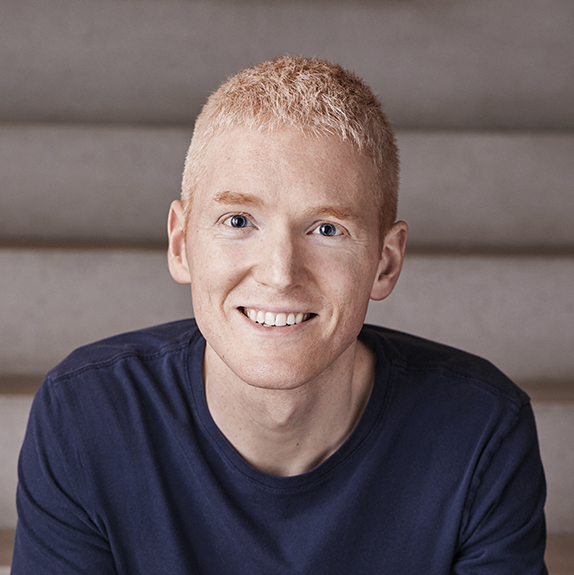
 🇩🇪 Hasso Plattner ($15 billion) transformed enterprise computing when he co-founded SAP in 1972.
🇩🇪 Hasso Plattner ($15 billion) transformed enterprise computing when he co-founded SAP in 1972.
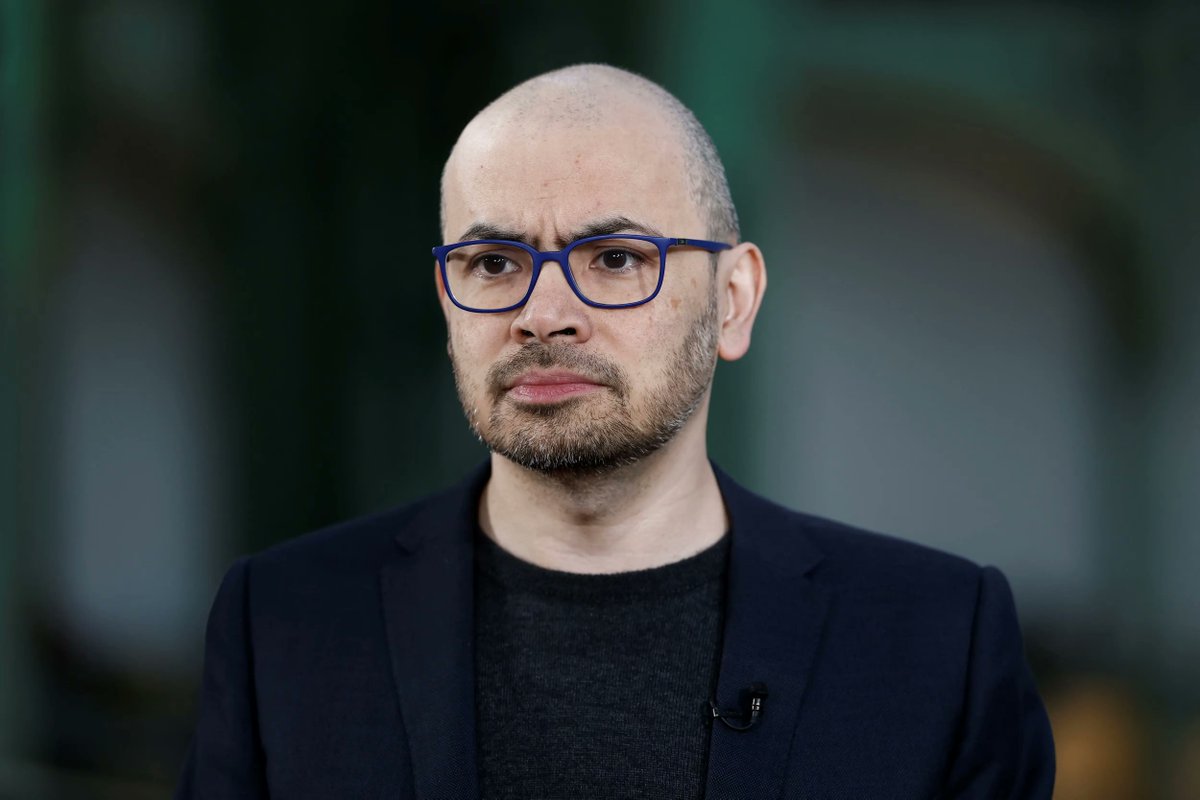

 First, let's meet Isomorphic Labs - the London-based Alphabet company that's redefining how we discover drugs.
First, let's meet Isomorphic Labs - the London-based Alphabet company that's redefining how we discover drugs.


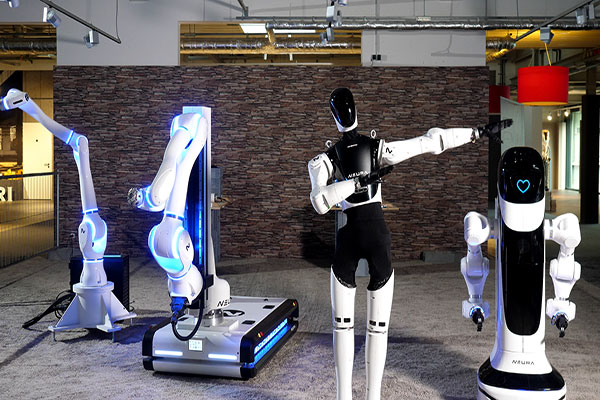
 🇳🇴 1X Technologies ($100M) just created humanoid robots that can actually work alongside humans in real homes.
🇳🇴 1X Technologies ($100M) just created humanoid robots that can actually work alongside humans in real homes.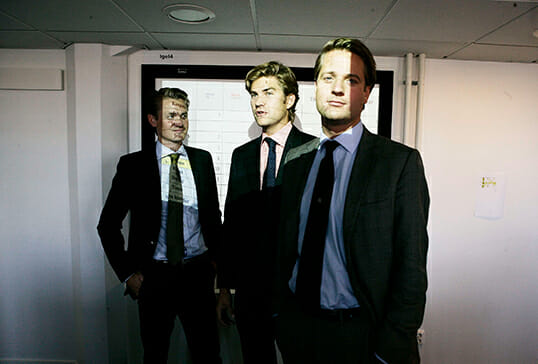

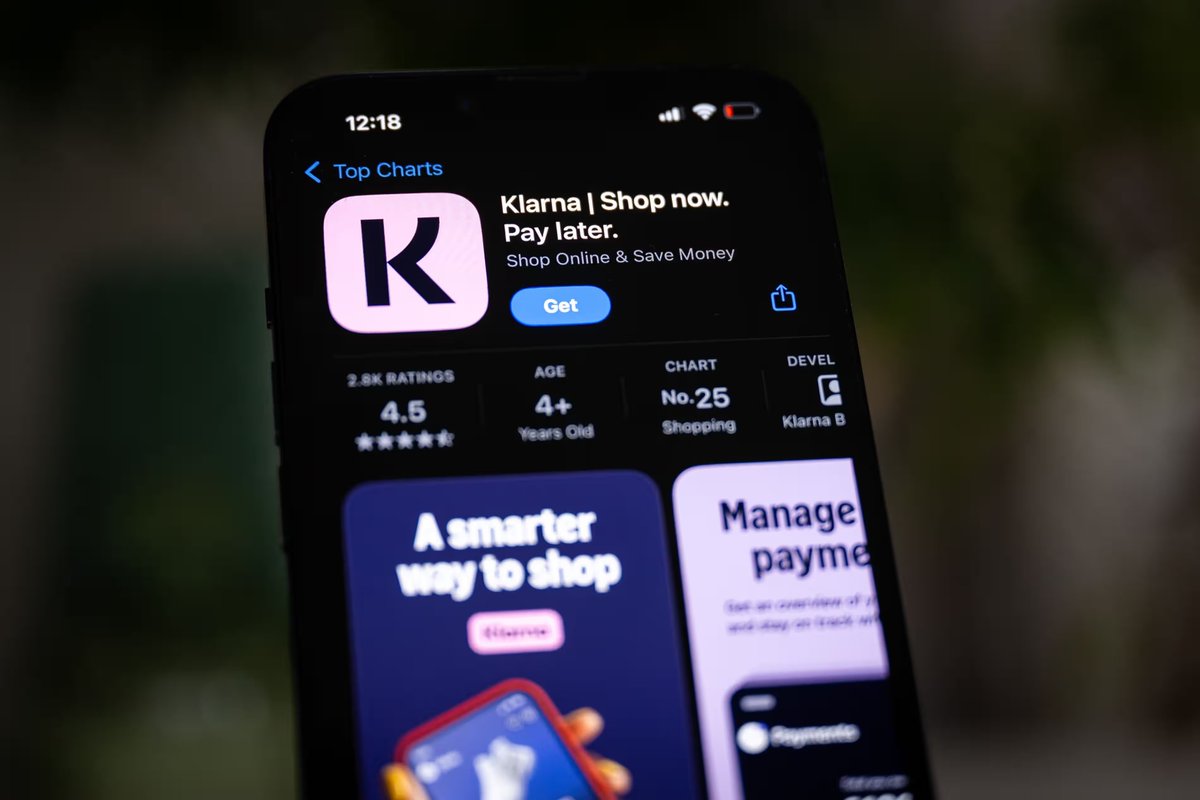 April 10, 2005 - exactly 11:06:40 am.
April 10, 2005 - exactly 11:06:40 am.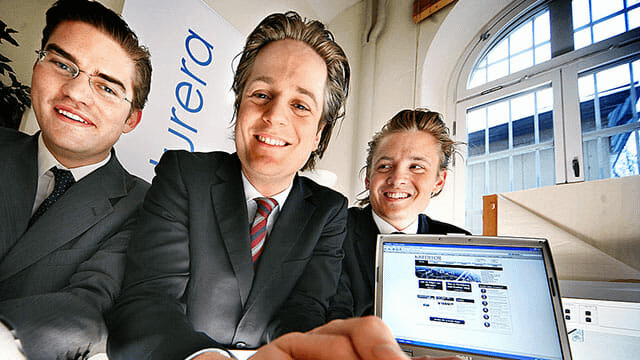

 First, understand just how destructive GDPR has been since 2018:
First, understand just how destructive GDPR has been since 2018: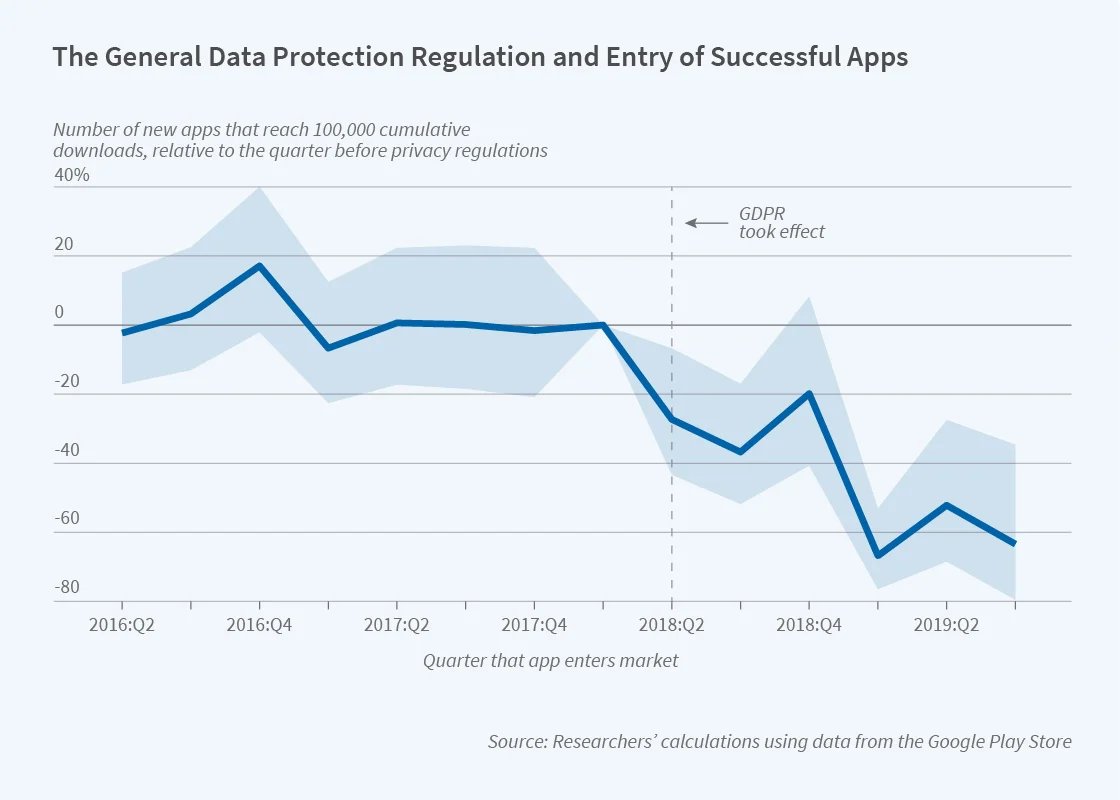


 Meet Neura Robotics - the German company that's redefining what robots can do.
Meet Neura Robotics - the German company that's redefining what robots can do.